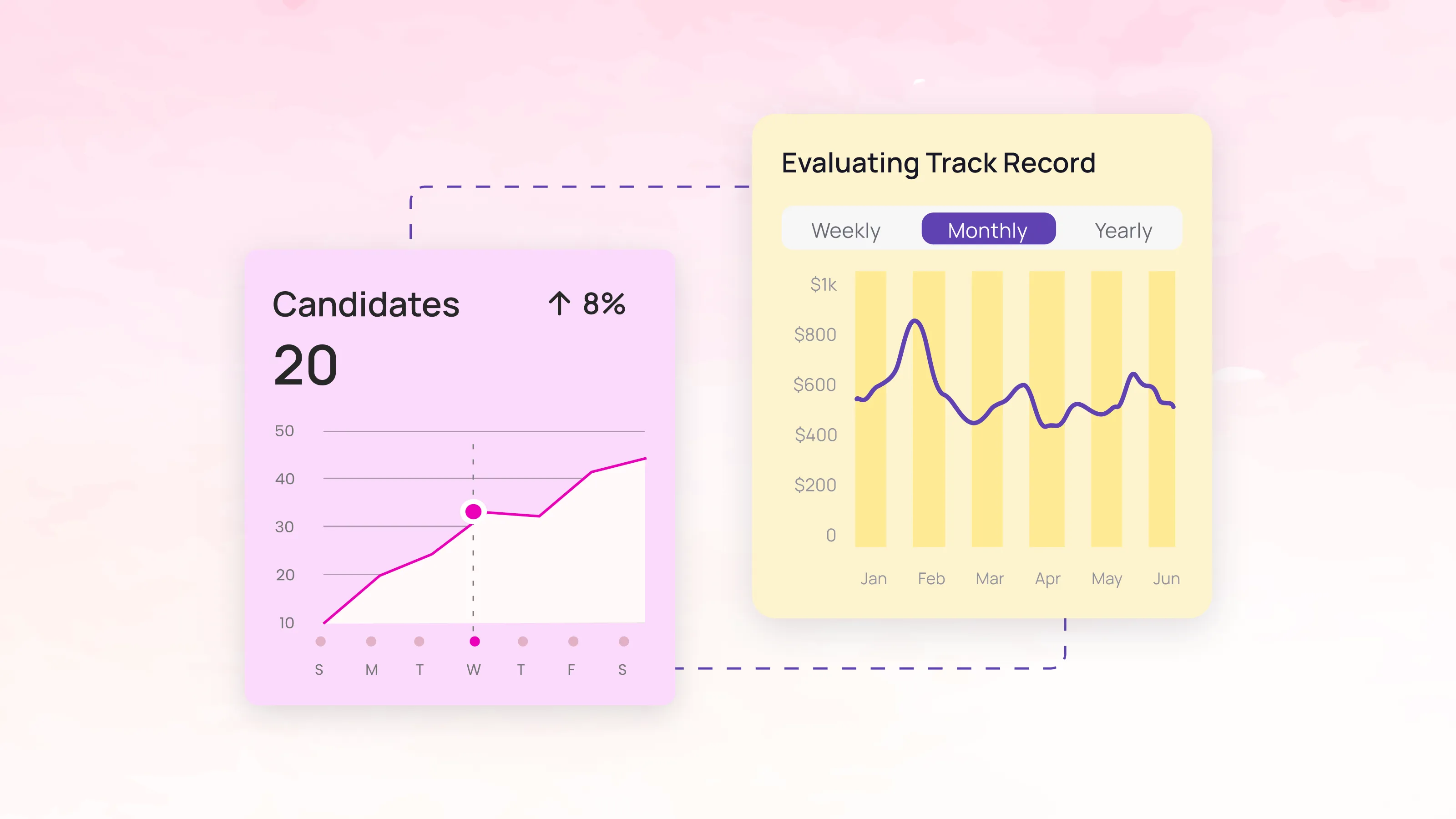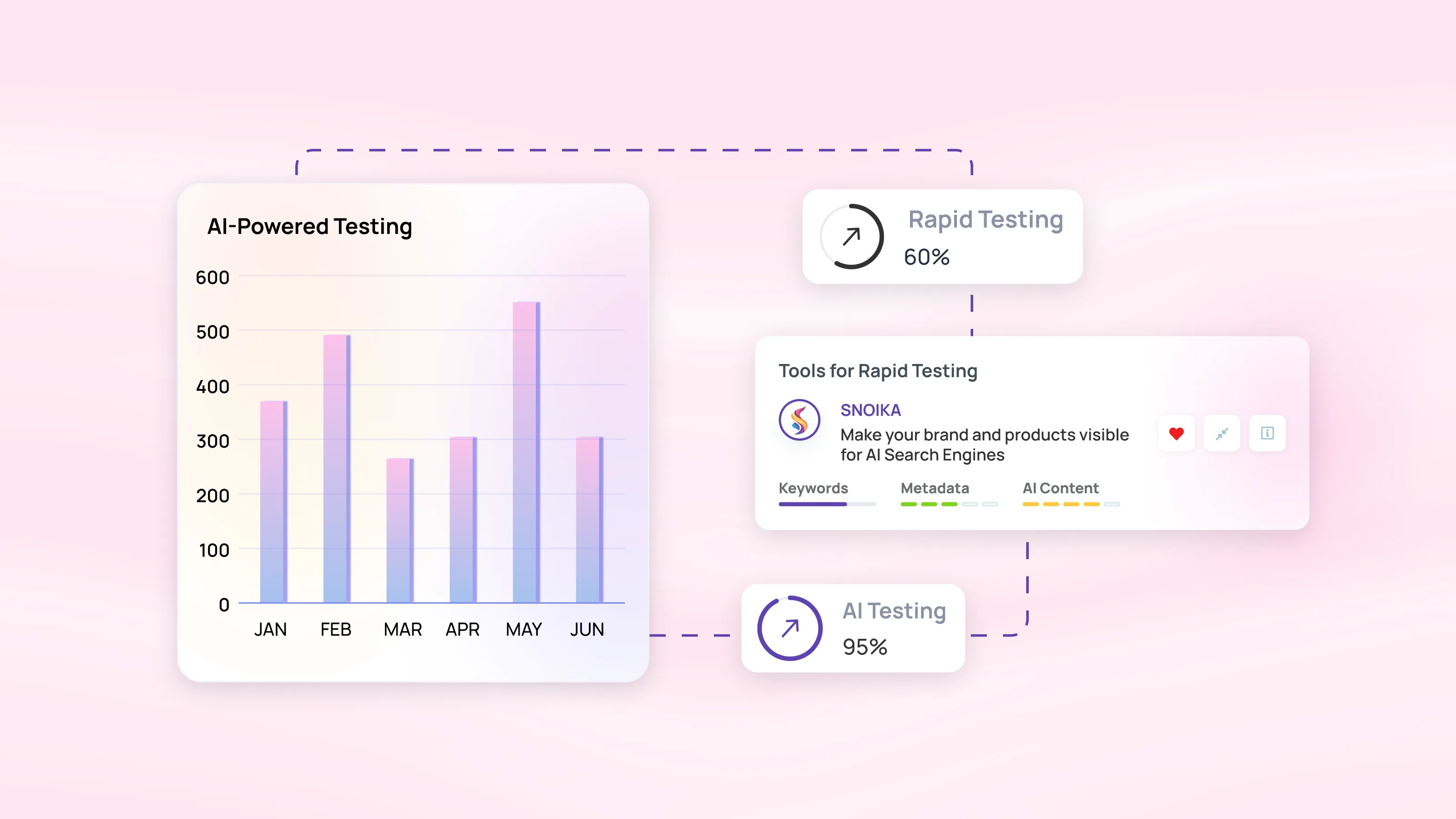Overview
Finding the right marketing agency doesn’t have to be complicated. This article breaks the process into seven clear steps - from defining your goals and researching agencies to reviewing pricing, communication, and data tools. With these practical agency selection tips, you’ll be able to choose a partner who aligns with your brand and delivers real results.
1. Understand Your Goals and Needs
Before searching for the best marketing agency, chart out your specific objectives. Think about where your business is now and where you want it to go.
- Identify your top challenges, such as low brand awareness or stagnating sales.
- Make a list of your desired outcomes, like building a solid email funnel or boosting online conversions.
- Decide which marketing channels (e.g., pay-per-click, social media, content marketing) matter most.
If you’re still refining your growth priorities, explore how Snoika helps startups and brands turn goals into actionable strategies.
Clarifying Your Pain Points
When you know exactly why you need help, your conversations with an agency become more fruitful. For instance, if you’re struggling with tracking metrics, you’re not alone - only 23% of marketers feel confident in monitoring the right key performance indicators, according to a recent marketing analytics summary.
2. Research Candidate Agencies Thoroughly
 When comparing options, follow these agency selection tips to separate credible partners from generic ones:
When comparing options, follow these agency selection tips to separate credible partners from generic ones:
- Review case studies and client testimonials on their website - focus on measurable results.
- Check past projects with brands similar to yours in size or industry.
- Read independent reviews on trusted platforms like Clutch, G2, or Trustpilot.
- Look for recognition in respected sources such as Forbes, Harvard Business Review, or Gartner reports.
By applying these steps, you’ll quickly identify agencies with a proven track record, strong credibility, and data-backed results.
Evaluating Track Record
Some agencies excel at analytics. Research shows that companies using digital analytics achieve 85% higher sales growth and a 25% boost in margins. Look for agencies that showcase similar results in their case studies. Check out Marketing Agencies: Scale Your SEO Strategy with Snoika.
3. Assess Their Data and Tech Capabilities
Marketing success increasingly relies on data. In 2020, over two billion customers purchased online, with e-retail sales topping $4.2 trillion, as a global e-commerce survey noted.
-
Ask potential partners how they measure campaign success.
-
Inquire about the platforms and dashboards they use.
-
See if they customize analytics so you can measure conversions accurately.
Personalized Marketing for Better Engagement
According to McKinsey, 71% of consumers expect personalized interactions, and brands that deliver see up to 40% more revenue. Agencies that tailor emails, ads, and landing pages create stronger engagement than those relying on generic messaging.
4. Check Their Communication Style
Open, consistent communication is a crucial factor. You might be hiring a marketing partner who’ll run major campaigns, so clarity matters.
-
Schedule a video call or meeting to see how they articulate ideas.
-
Observe how promptly they respond to emails.
-
Ask who your direct point of contact will be and how often you can expect updates.
To see how communication ties into broader marketing success, explore Content Marketing Strategy: How to Drive Traffic and Sales.
Preventing Communication Gaps
Even the best strategy can fail without fast and clear communication. Research from Help Scout shows that 90% of customers expect an “immediate” response, often within 10 minutes. This level of responsiveness builds trust and gives your brand a competitive edge, so make sure your agency sets clear response times and regular check-ins.
5. Ask About Pricing and Contracts
Transparent pricing is a litmus test for integrity. You don’t want hidden costs creeping up or an overly complex contract.
-
Ask for a breakdown of fees - hourly versus deliverable-based.
-
Determine whether they charge extra for strategy sessions.
-
Check if there’s any penalty for ending the partnership.
Balancing Budget with Outcomes
Opting for the least expensive agency might save money now - but could cost more later. According to Forbes, companies that base decisions on data are 19 times more likely to be profitable compared to those relying on gut instinct. Investing a bit more in a data-savvy agency can yield better ROI, stronger customer satisfaction, and long-term efficiency.
6. Evaluate Tools for Rapid Testing

Some marketers and agencies move painstakingly slowly. Others streamline the process through automated technology. When you want to gauge new branding or product ideas, quick iteration is key.
-
Ask if they offer fast-lane tools that generate organic content or simple landing pages.
-
See if they do A/B testing to measure audience reactions.
-
Check for any advanced platforms that simulate real-world scenarios for your business concepts.
Using AI-Powered Testing
We build AI-powered tools that let you quickly test business ideas by creating branding, a simple website, and SEO content to gauge real demand. Tracking engagement shows if there’s market potential before you invest. As part of your agency selection tips, ask whether a prospective agency can integrate or complement this approach.
7. Request a Proposed Strategy
Before you commit, request a plan that outlines how the agency will help your business. This doesn’t need to be overly detailed, but it should include headline tactics and timeframes.
-
Ask which channels or platforms they’d prioritize - e.g., Instagram, Google Ads, email campaigns.
-
Confirm the key performance indicators they will monitor regularly.
-
Review how they plan to scale if your needs grow.
For more guidance on building a clear, actionable plan, see How to Master AI Content Creation in 7 Simple Steps.
Matching Tactics to Goals
Only about 10% of companies have mature marketing analytics, meaning most still lack strong tracking. If an agency offers real-time reporting, they’re part of this rare group and likely to fit your goals from the start. As DesignRush highlights, advanced analytics remain uncommon - making them a key factor in agency selection.
Quick Steps to Choose Your Next Agency
Choosing the best marketing agency can be boiled down to seven points:
1. Outline your campaign objectives.
2. Investigate agencies with a proven record.
3. Verify data and platform expertise.
4. Review their communication method and frequency.
5. Ensure transparent pricing with no hidden fees.
6. Look for rapid-deployment tools or AI-based testing.
7. Obtain a strategic plan tailored to your business.
Conclusion
Picking the best marketing agency isn’t about bells and whistles. It’s about aligning your goals with a partner’s expertise and transparent methods. Look for agencies that combine clear data analytics, practical communication, and the ability to adapt as you grow. By following these step-by-step recommendations, you’ll stand a far better chance of finding a trustworthy marketing partner that drives genuine results for your brand.

 When comparing options, follow these agency selection tips to separate credible partners from generic ones:
When comparing options, follow these agency selection tips to separate credible partners from generic ones:



